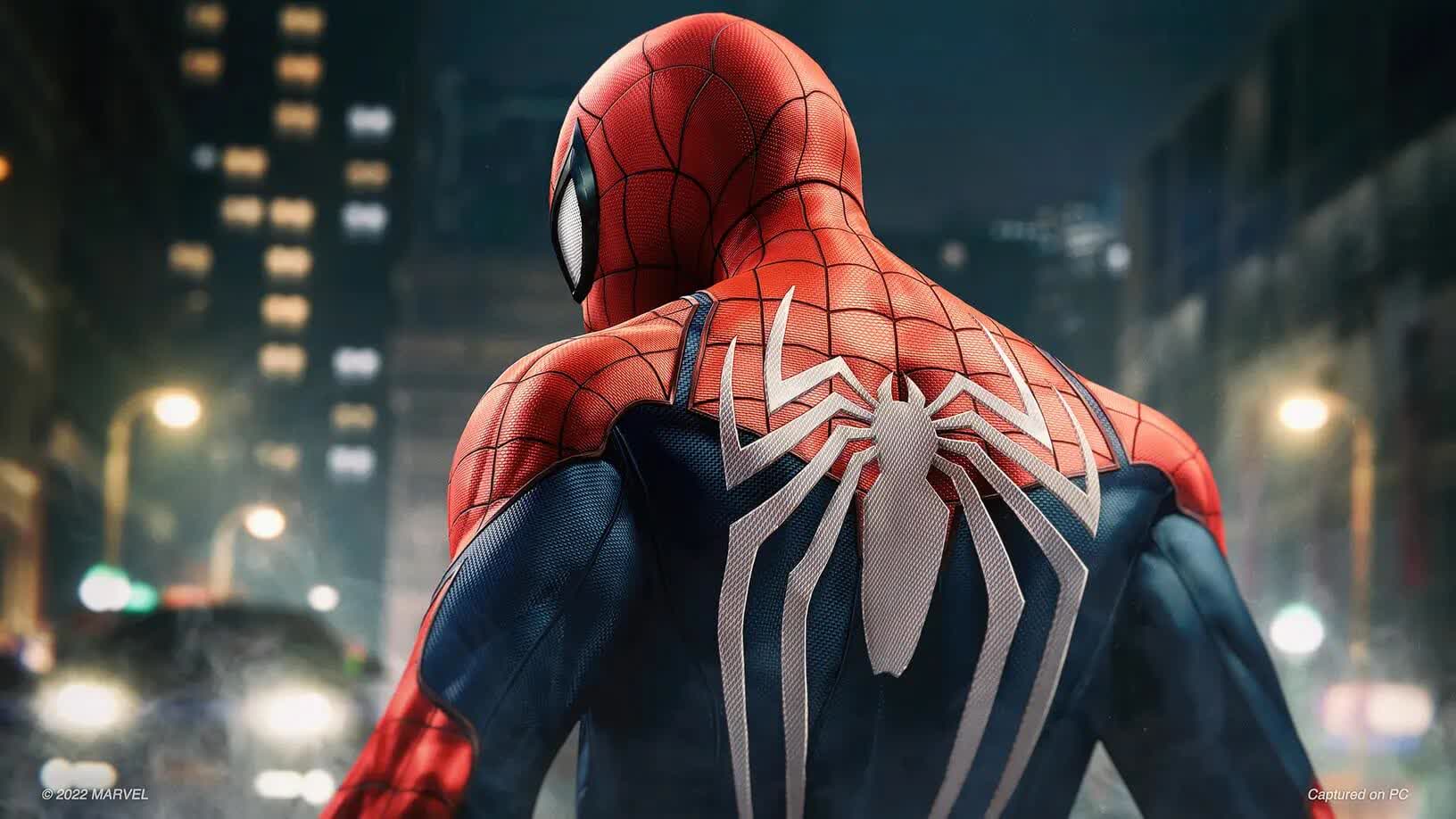In brief: Before the end of 2022, Sony will have released five PC ports of formerly PlayStation-exclusive games within the calendar year. However, the company has never clarified how long it wants to wait between an initial PlayStation game launch and its PC port until now.
PlayStation Studios head Hermen Hulst said on Tuesday that Sony plans to release PC ports of its single-player games at least a year after launching them on PlayStation consoles. Online-oriented live-service games, however, may launch on PlayStation and PC simultaneously.
The comments, made in an interview with YouTuber Julien Chièze, track with how Sony has handled PC ports so far. God of War and Spider-Man initially came to the PlayStation 4 in 2018 and arrived on PC this year. Sony will soon release PC versions of Uncharted 4 (2016), Spider-Man: Miles Morales (2020), and Sackboy: A Big Adventure (2020).

Last month, Sony-owned studio Naughty Dog said The Last of Us Part 1 would come to PC "very soon" after its PS5 launch, which likely means sometime in 2023. Other Sony PC conversions that could emerge next year include Horizon: Forbidden West and Ghost of Tsushima. Rumors suggest that the award-winning Returnal is also headed to PC before long. Much less is known about Sony's upcoming live-service games, however.
PlayStation Studios is known chiefly for producing story-oriented, cinematic, single-player games with high production values like Spider-Man and Uncharted. Sony hasn't made many recent attempts at multiplayer live-service games but plans to release 10 by March 2026. They likely include Bungie's "Project Matter," an upcoming Last of Us multiplayer game, a rumored Horizon Zero Dawn multiplayer title, and other Deviation Games and Haven Studios projects.
Hulst told Axios this week that sales of Sony's PC games have helped it keep investing in its ever-more expensive blockbuster productions. He confirmed to Reuters that the company plans to increase its PC and mobile gaming footprints. However, delaying PC ports makes sense if Sony leverages flagship games to sell PlayStations. Live-service titles, in contrast, benefit from quickly building large numbers of players, which is easier on two platforms instead of one.
https://www.techspot.com/news/96202-sony-wait-least-year-port-most-playstation-exclusives.html